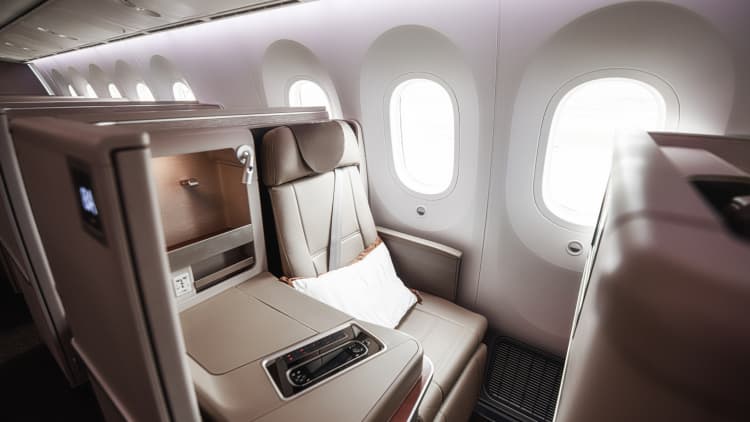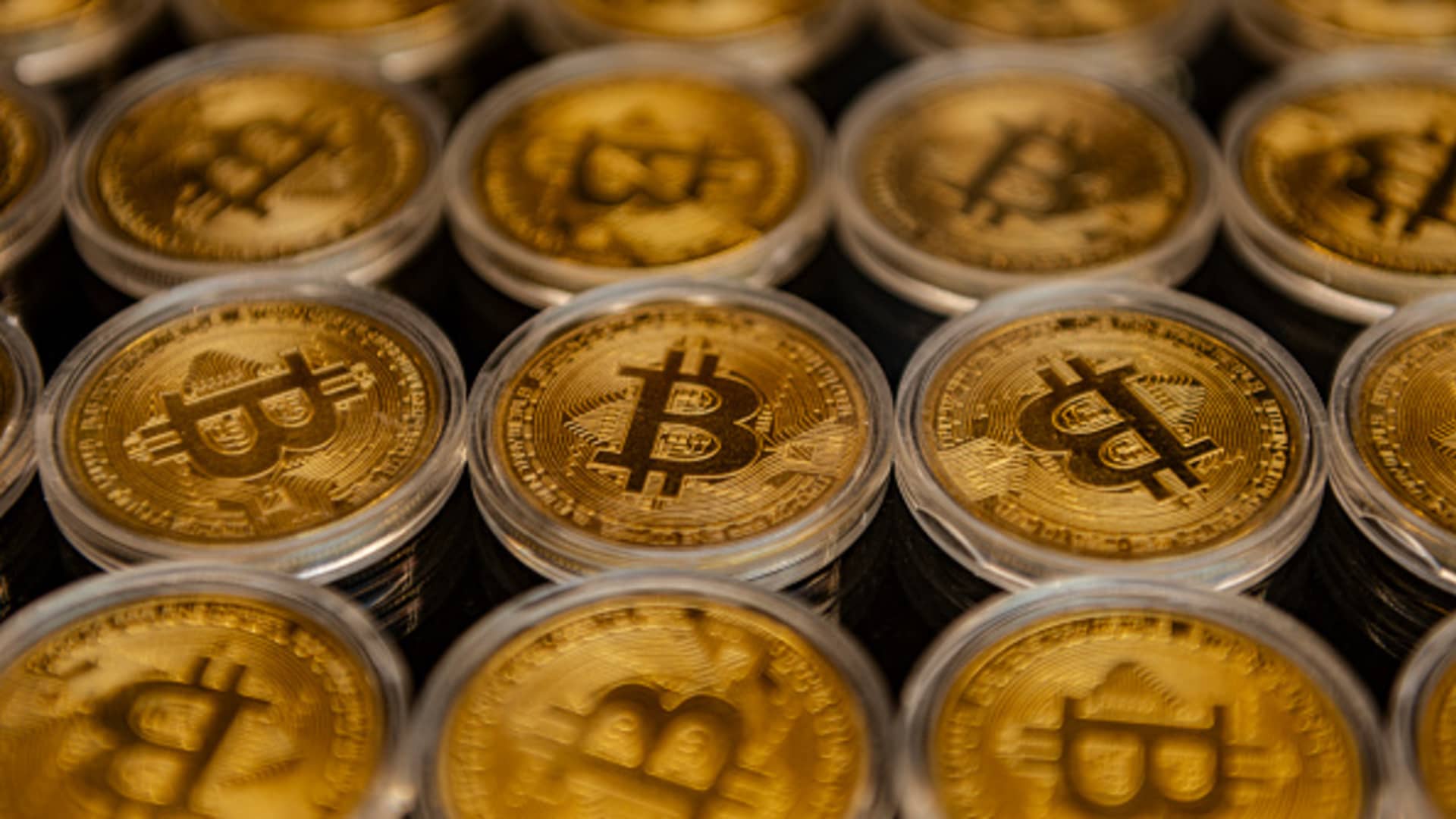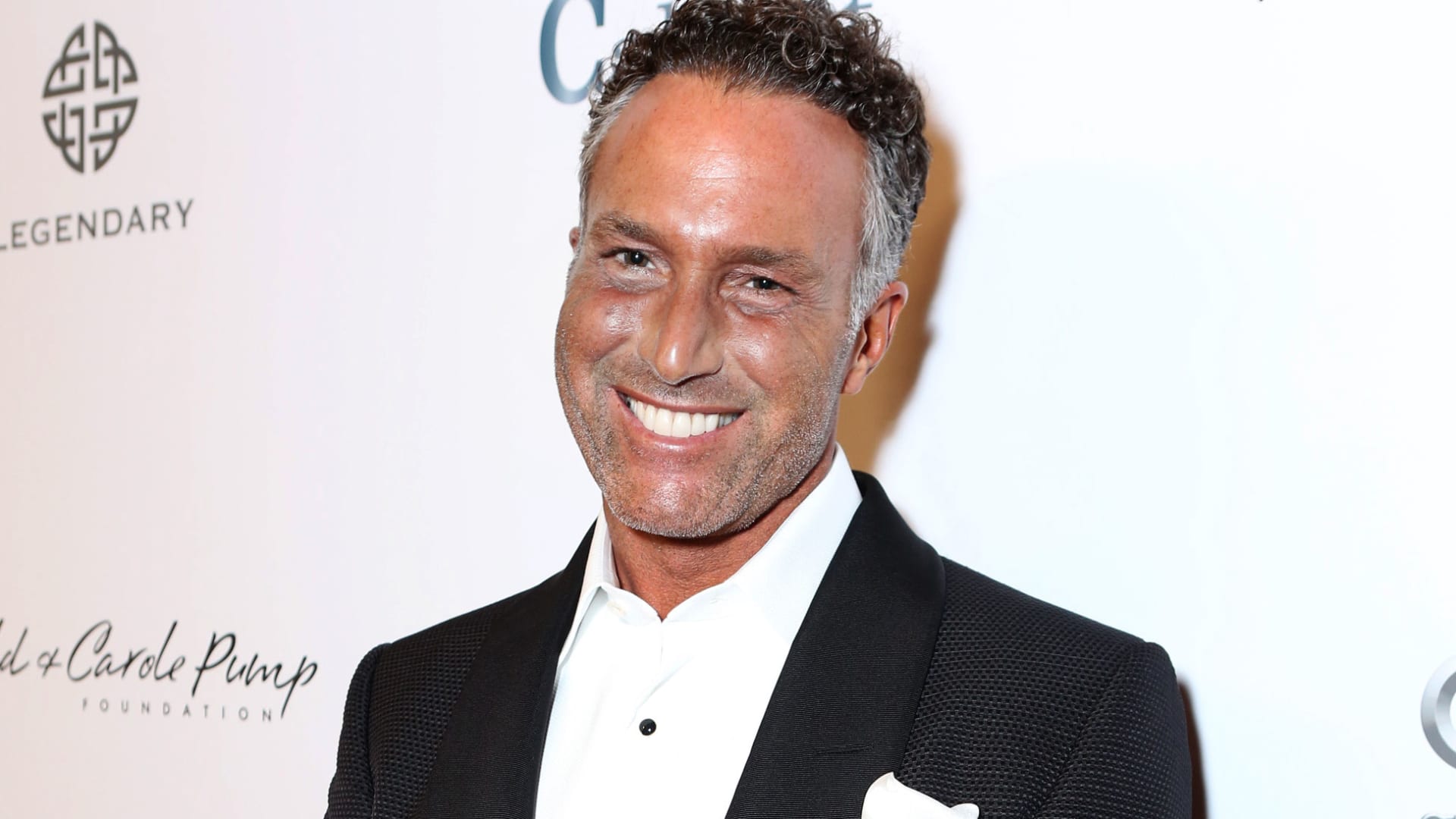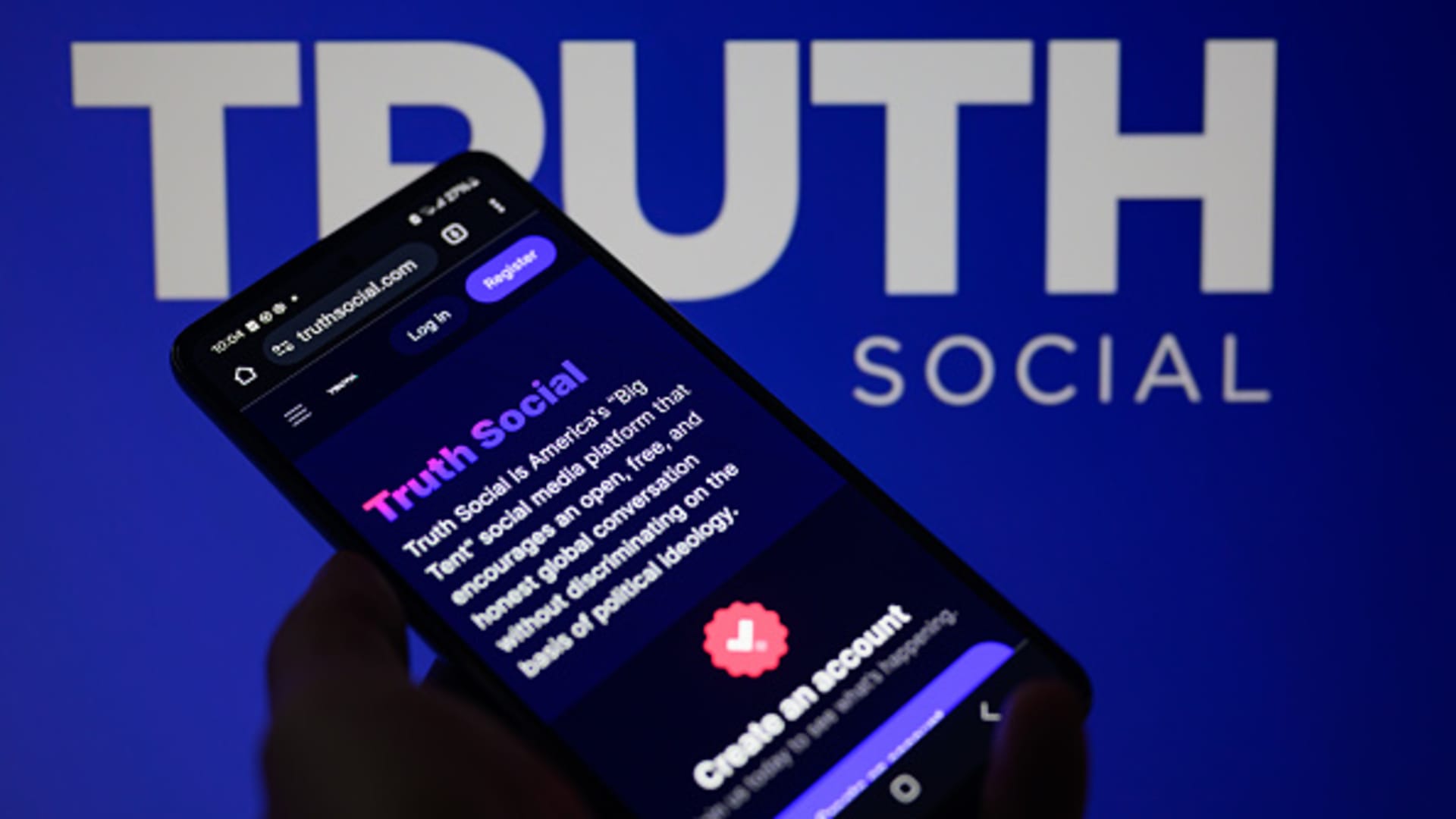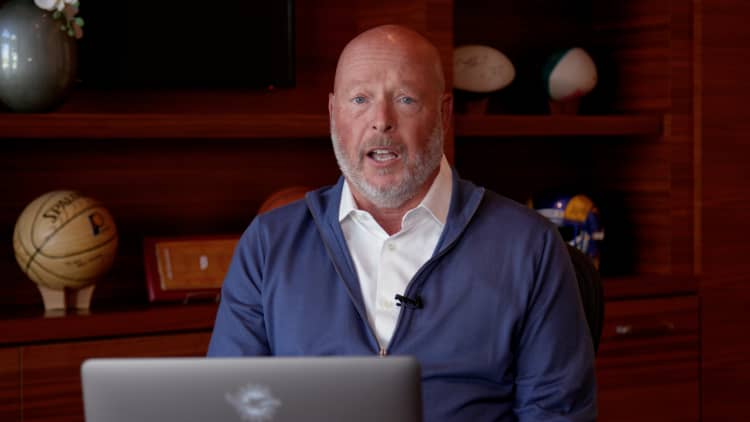Zong Qinghou, a self-made beverage entrepreneur and once China’s richest person, died on Sunday.
His death was announced by his company, Wahaha Group, which said Mr Zong died of an unspecified illness and gave his age as 79. The company’s statement provided no further details.
Mr Zong’s rags-to-riches story had put him on the map in China even before a public feud with his foreign business partner significantly increased his profile – and his wealth. In the 1980s he founded a beverage company and in the 1990s he partnered with French food giant Danone to launch one of the most well-known food and beverage brands in China.
But tensions flared in 2007 when Danone accused Mr. Zong of running secret companies that sold virtually identical products, siphoning up to $100 million from the joint venture.
Mr Zong hit back, saying Danone knew about the companies. He vowed to punish Danone for its “evil deeds” and mobilized public opinion in China against the foreign company.
The dispute became so bitter that French President Nicolas Sarkozy raised the matter in a meeting with China’s leader Hu Jintao. In 2009, Danone sold its 51 percent stake, giving Mr. Zong’s company full control.
The following year, Forbes named Mr. Zong China’s richest man, with a fortune of $8 billion. In 2012, he achieved the award again with $10 billion. Forbes estimated his fortune has since fallen to $5.9 billion, putting him at No. 53 on its list of Chinese billionaires last year.
Survivors include his wife, Shi Youzhen, and their daughter, Zong Fuli (also known as Kelly Zong), the president of Hangzhou Wahaha Group and Mr. Zong’s successor.
Mr. Zong, who grew up poor, was known for his Spartan lifestyle. In interviews, he said he arrived at company headquarters before 7 a.m. and worked until 11 p.m. He said he had no hobbies – except smoking and drinking Lipton tea.
According to various reports, he was born in or near Hangzhou, a city near Shanghai, in October or December 1945 (his company may have used a traditional Chinese method of counting age, in which a person is designated 1st at birth). year old applies). He was one of the many young people sent to the countryside during the Cultural Revolution and worked for years in a farming commune.
He became a traveling salesman in 1978, the same year the country’s new leader, Deng Xiaoping, began ushering in an era of capitalism. About a decade later, Mr. Zong opened a stall near an elementary school selling soft drinks and ice cream treats.
When he saw hungry children passing by, he invented a vitamin drink he called Wahaha Oral Liquid. “It solved the problem of children not wanting to eat and suffering from malnutrition,” he said in a BBC interview.
The Hangzhou Wahaha Group – “Wahaha” loosely translated as “laughing child” – was founded soon after, selling mineral water, soft drinks and teas. The company later expanded into infant formula and children’s clothing.
In 1996, the company merged with Danone, the French food company best known for its yogurt, to form the Wahaha Joint Venture Company. By selling yogurt drinks, carbonated drinks and food, the company had a 15 percent share of the Chinese beverage market by 2012, trailing only Coca-Cola and Tingyi Holdings.
After Danone accused Mr. Zong of wrongdoing, he defended himself with an open letter, accusing Danone of spreading lies about his company’s business practices and slandering his family. Wahaha officials held rallies and held press conferences calling Danone officials “scoundrels.”
In the end, Danone sold its stake for about $500 million, far less than analysts thought it was worth.
The collapse caused great fear among multinational corporations, particularly in sectors such as automobile manufacturing, where the Chinese government required joint ventures and limited foreign companies’ shares to 50 percent.
But it proved more of an isolated episode than a showpiece and, in retrospect, a mere blot on an otherwise peaceful era. In recent years, multinational companies have encountered other, far more difficult obstacles.
Increasing geopolitical tensions have led to waves of sanctions between China and the United States. Almost three years of “Covid-zero” lockdowns and other measures have severely affected production and sales for many companies. And China’s state security agencies are quicker to shut down foreign companies they worry about, particularly due diligence firms.
“It was a high-profile case that caught people’s attention,” Ker Gibbs, a former president of the American Chamber of Commerce in Shanghai, said of the Danone incident. “But looking back now, it is clear that the general environment at that time was quite stable and friendly to foreign companies.”
Source link
2024-02-25 11:48:47
www.nytimes.com




